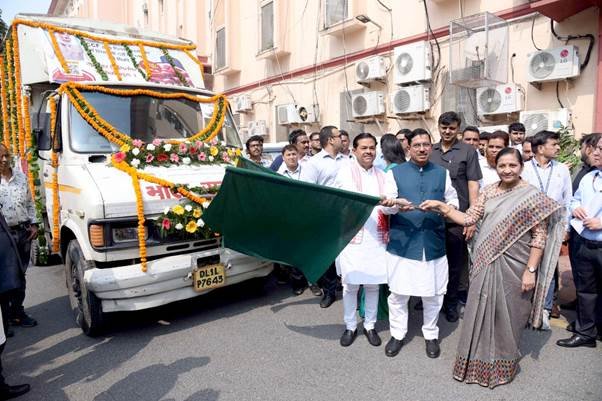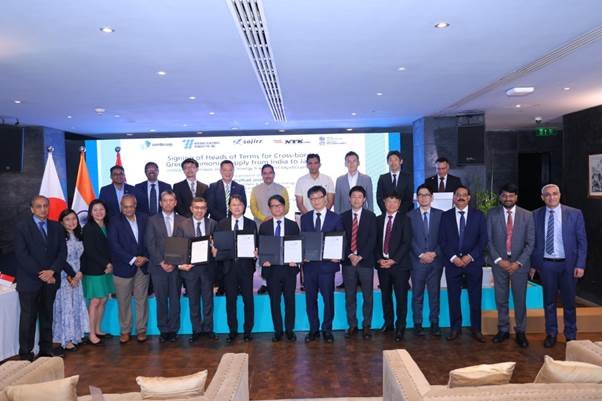Govt permits export of 1 Mn tonnes of sugar for the 2024-25 season
This decision will ensure price stability and support 5 crore farmer families, 5 lakh workers, and strengthens the sugar sector.
With the aim to stabilise domestic prices and support the sugar industry, the Central government of India has permitted the export of 1 million tonnes of sugar for the 2024-25 season ending in September.
Pralhad Joshi, Minister of Consumer Affairs, Food and Public Distribution of India said that the Government of India has approved a 10 LMT sugar export quota for 2024-25. This decision will ensure price stability and support 5 crore farmer families, 5 lakh workers, and strengthens the sugar sector.
According to the order of Food Ministry the export of all sugar grades within allocated quotas is allowed. Sugar mills can export directly or through merchant exporters until September 30, with the flexibility to surrender their quotas by March 31 or swap them with domestic allocations. The order also permits mutual quota exchanges between mills, subject to Food Ministry approval.
India was the world’s second-largest sugar exporter during the five years leading up to 2022-23, averaging 6.8 million tons of annual exports. However, the country did not permit exports in the 2023-24 marketing year due to domestic concerns.
The Indian Sugar and Bio-energy Manufacturers Association (ISMA) welcomed the export approval, with Director General Deepak Ballani stating that the decision will provide much-needed revenue to mills and help them clear cane payment dues.
The latest decision could put pressure on global sugar prices while helping to prop up local prices. This comes amid a decline in domestic sugar prices, which has affected mill margins.
India’s sugar output for 2024-25 is projected to decline to 27 million tonnes from 32 million tonnes last year, falling short of the domestic consumption estimate of over 29 million tonnes. By January 15, production had reached 13.06 million tonnes, marking a 13.66 per cent year-on-year decline due to lower yields in key states like Maharashtra, Karnataka, and Uttar Pradesh.
This decision will ensure price stability and




